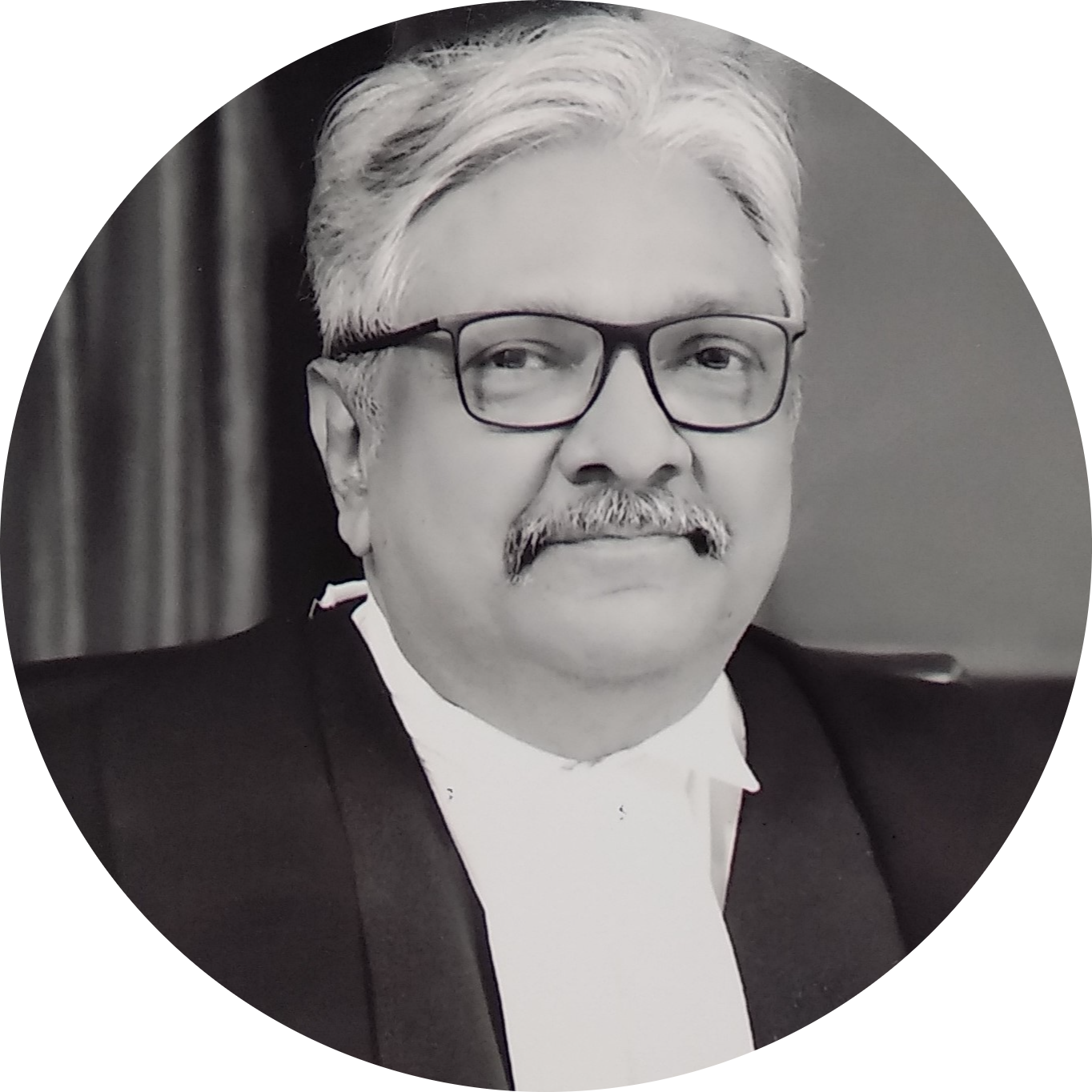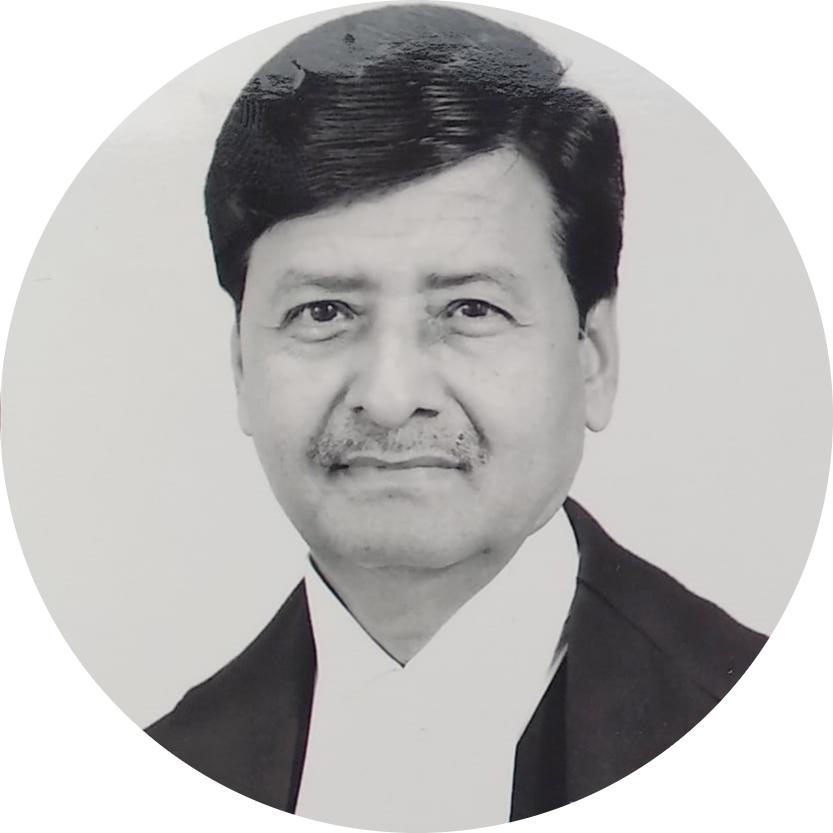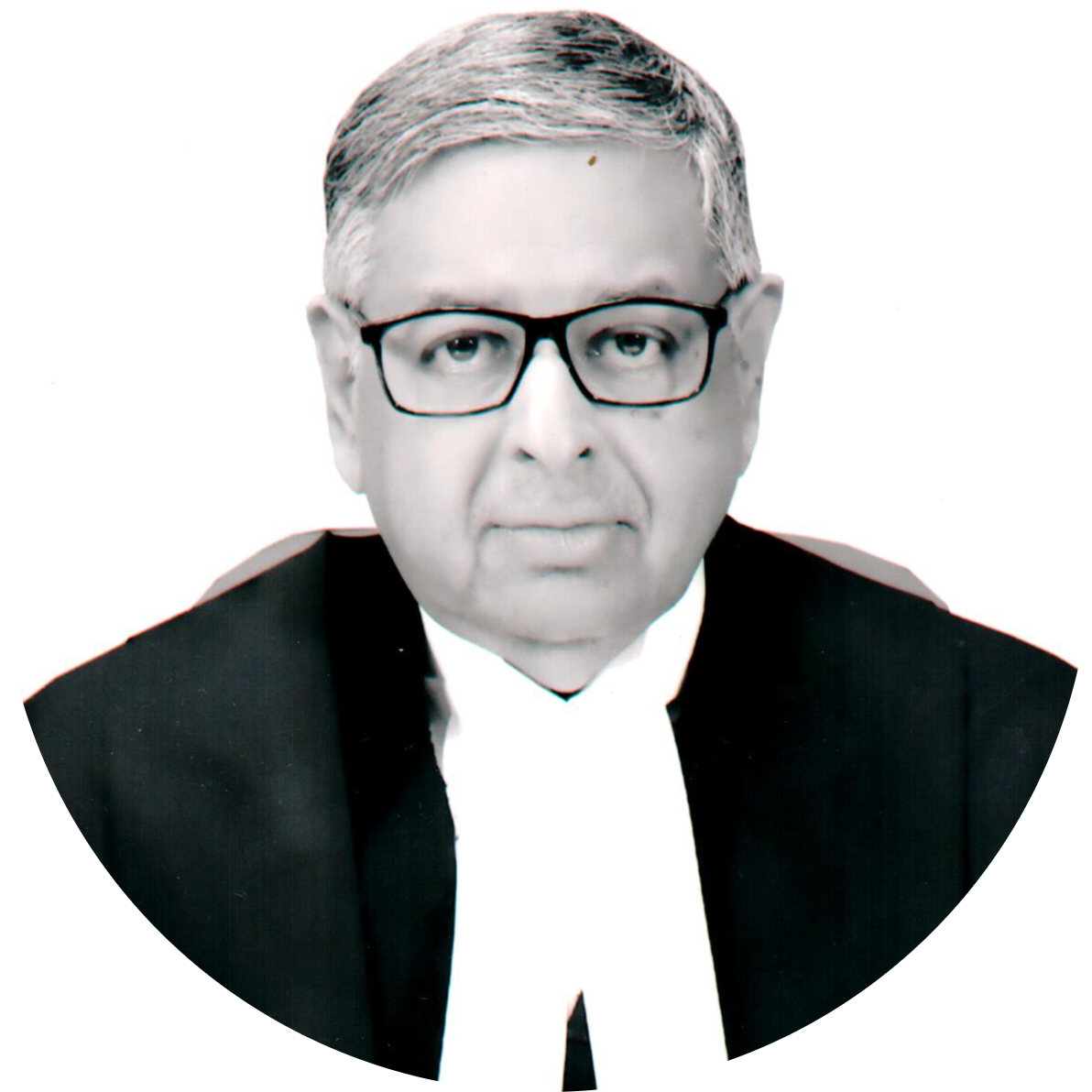Challenge to the Practice of Jallikattu
Animal Welfare Board v Union Of India
Citation: 2023 INSC 548
The Supreme Court upheld the practice of Jallikattu, as permitted by the 2017 Tamil Nadu Amendment to the Prevention of Cruelty to Animals Act, 1960.
Decided
Parties
Petitioner : Animal Welfare Board, PETA, Compassion Unlimited Plus Action, Federation Of Indian Animal Protection Organisations and Animal Equality
Lawyers: Sr. Advs Sidharth Luthra, Shyam Divan, V. Giri, Anand Grover and Krishnan Venugopal
Respondent: Union Of India, State of Tamil Nadu and State of Maharashtra
Lawyers: Sr. Advs Kapil Sibal, Nagamuthu, Rakesh Dwivedi and Solicitor General of India
Case Details
Case Number: W.P.(C) No.-23 / 2016
Next Hearing:
Last Updated: January 6, 2024
TAGS: Animal Rights, Cultural Right, Jallikattu
Key Issues
Is the Tamil Nadu Amendment contrary to Entry 17 of the Concurrent List in the Constitution of India, by perpetuating cruelty to animals?
Is the sport of Jallikattu protected as a cultural right under Article 29 of the Constitution of India?
Is Jallikattu essential to ensure the survival and well-being of the native breed of bulls involved in the sport?
Is the Tamil Nadu Amendment Act violative of Articles 51A(g) and 51A(h) of the Constitution of India, which place the duty of protecting the environment and developing a ‘scientific temper’ upon all citizens, as it promotes a bull taming sport?
Can the Act be said to be unreasonable and violative of Articles 14 and 21 of the Constitution of India?
Is the impugned Tamil Nadu Amendment Act directly contrary to the Judgment in A. Nagaraja?
Does the Tamil Nadu Legislature have to power to amend the Prevention of Cruelty to Animals Act, 1960?
Case Description
Jallikattu is a bull taming sport, played in Tamil Nadu around the time of Pongal festival in January every year. Native breeds of bulls are released into a crowd of people, and multiple participants attempt to grab the large hump on the bull’s back with both arms and hang on to it while the bull attempts to escape. The Tamil Nadu government claims that the sport plays an important role in preserving and promoting the culture of breeding native bull breeds, and ensures their survival.
In May 2014, a Two-Judge Bench of the Supreme Court, in Animal Welfare Board of India v A. Nagaraja, banned the use of bulls for Jallikattu events in the state, and bullock cart races across the country. In 2015 the Court dismissed the Tamil Nadu government’s plea seeking a review of the 2014 Judgement.
On January 7th, 2016, Union issued a notification directing the States to comply with the A. Nagaraja Judgment. However, the notification allowed Jallikattu to be practiced while imposing certain restrictions to accommodate animal rights concerns. Animal rights activists from across the country challenged the notification at the Supreme Court in 2016. However, while the petitions were pending, the Tamil Nadu government passed the Prevention of Cruelty to Animals (Tamil Nadu Amendment) Act in January 2017 which permitted the sport and introduced rules to govern the practice under Section 3(2).
Many organisations including People for Ethical Treatment of Animals (PETA), filed writ petitions seeking directions from the SC to quash the Tamil Nadu amendment to the Prevention Of Cruelty To Animals Act, 1960 (PCA Act) which permitted Jallikattu. The challenges were primarily mounted on the ground that it circumvented Supreme Court’s Judgment in A. Nagaraja. It further contended that only the Union government has the power to frame rules under PCA Act and hence the rules framed by the Tamil Nadu Legislature are invalid and therefore inapplicable. The petitions also argue that Jallikattu does not have any religious significance, and was found to be cruel as per Nagaraja and against Section 11 of the PCA Act which prohibits cruelty against animals.
On February 2nd, 2018, a Supreme Court Bench comprising Justices Dipak Mishra and Rohintan Nariman referred this batch of writ petitions to a 5-Judge Constitution Bench. The primary question is whether Jallikattu and bullock-cart are protected under Article 29(1) of the Constitution as a cultural right. The Constitution Bench will also decide whether States have the powers to enact rules under the PCA Act.
On May 18th, 2023, the Constitution Bench upheld the Amendments permitting the practices of Jallikattu, Kambala and Bailgada Sharyat.





